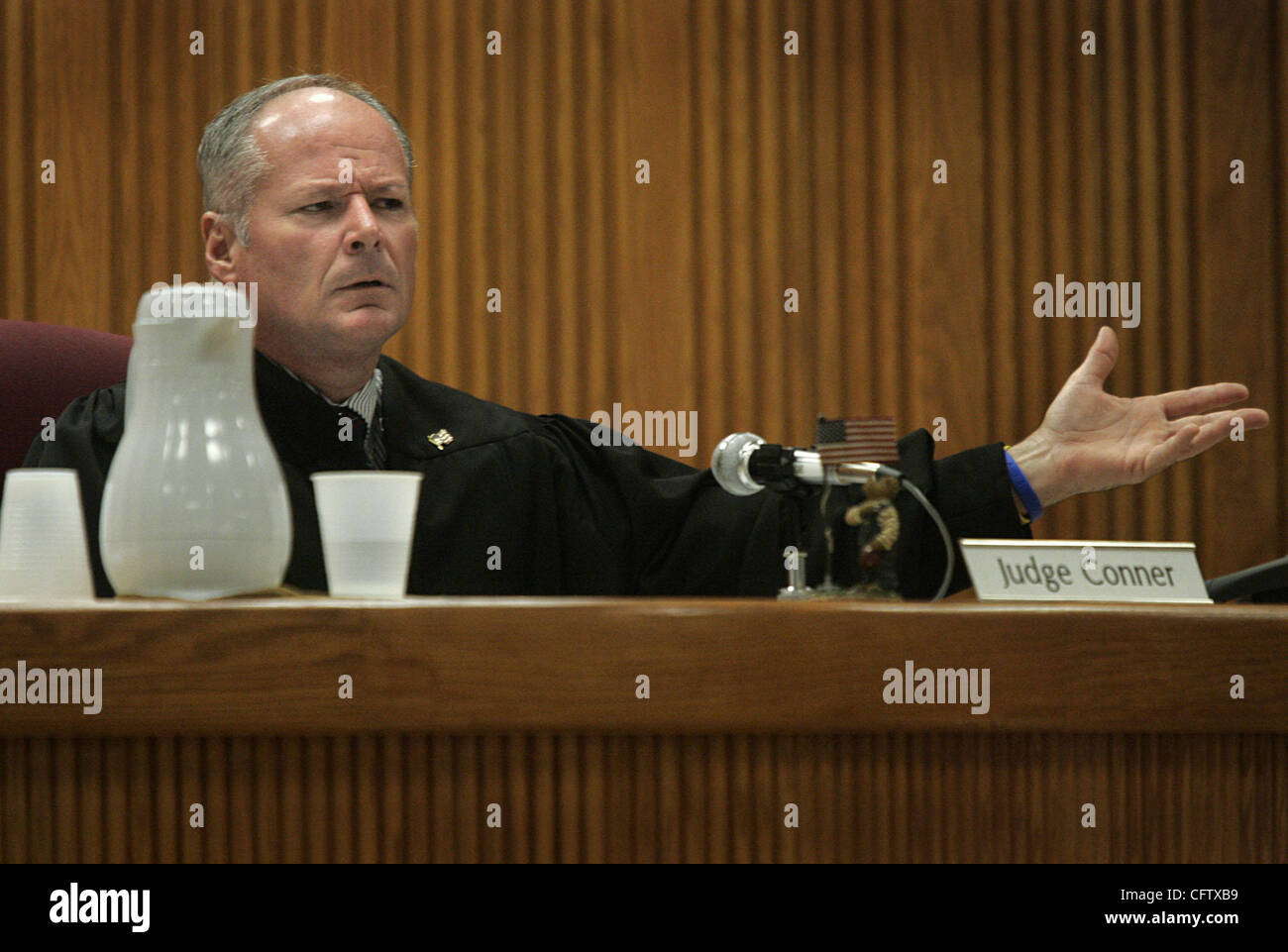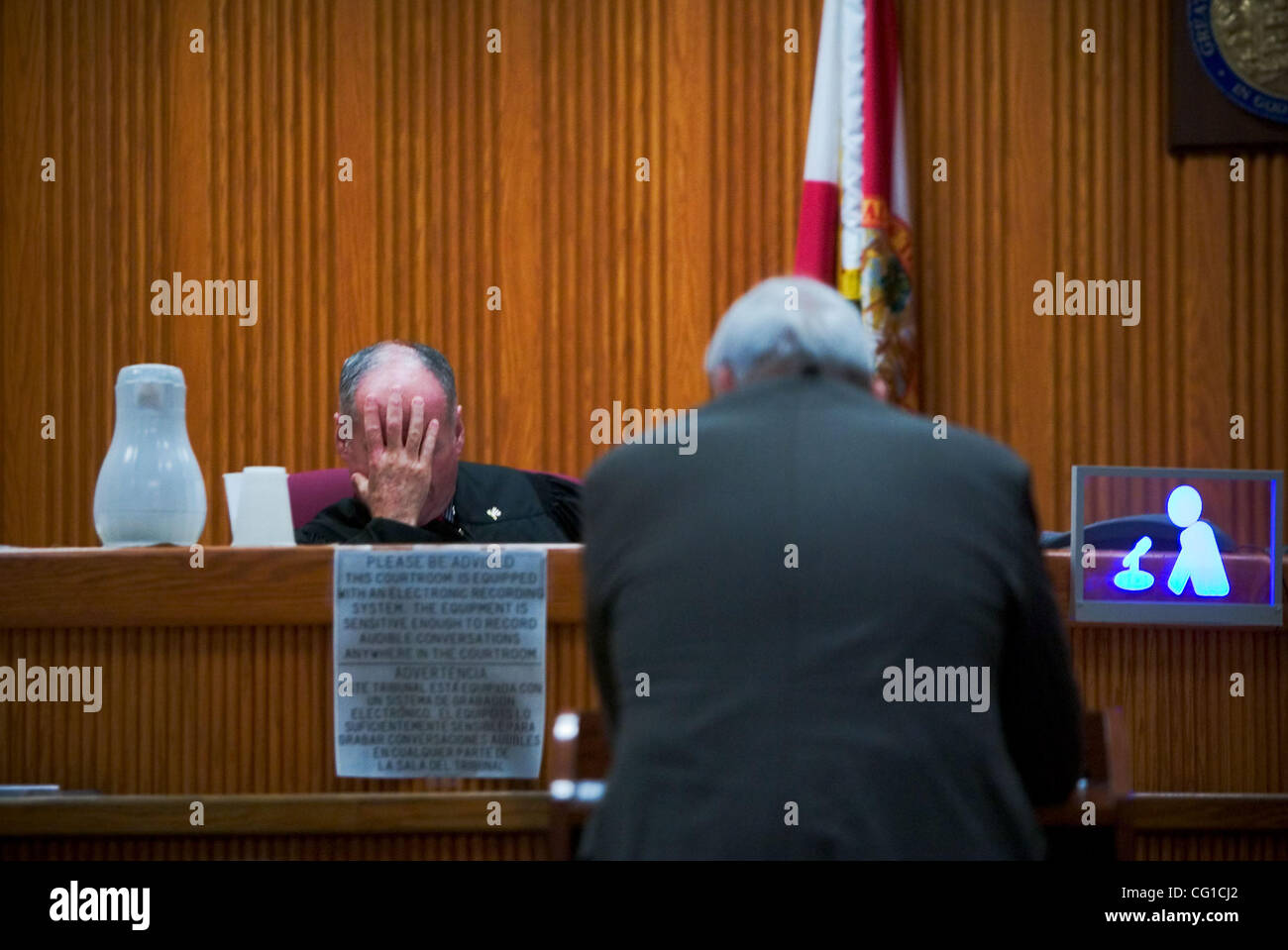Is the Florida judiciary poised on the brink of a new era of transparency, or will the lines blur further, leaving voters more confused than enlightened? The recent rulings and election outcomes paint a complex picture of a judicial system grappling with its identity in an increasingly polarized political landscape.
The landscape of judicial elections in Florida is undergoing a significant transformation. While the electorate's focus might often be drawn to the high-profile races for governor or the United States Senate, the decisions made by judges at the state level often have a more immediate and direct impact on the lives of everyday citizens. The Florida Supreme Court's decision allowing judicial candidates to openly declare their political ideology, while simultaneously prohibiting the disclosure of party affiliation, opens a Pandora's Box of potential implications. This shift comes at a time when the public's trust in institutions is already fragile, and the judiciary is not immune to the pervasive currents of political influence. The recent retention election for Judge Burton C. Conner on November 5, 2024, where he secured a 65.3% vote of confidence, provides a crucial data point in this ongoing narrative, alongside the broader context of the upcoming 2024 general election.
| Full Name: | Burton C. Conner |
| Position: | Judge, Florida 4th District Court of Appeal |
| Date of Birth: | (Information not available) |
| Education: | (Information not available) |
| Bar Admission: | (Information not available) |
| Judicial Experience: | Judge, Florida 4th District Court of Appeal (Retained in 2024) |
| Notable Cases/Rulings: | (Information not available - Case details will be added as available) |
| Political Affiliation: | Undisclosed (in accordance with current Florida Supreme Court guidelines) |
| Retention Election Result (November 5, 2024): | Retained with 65.3% of the vote |
| Reference: | Florida Courts Official Website (or other relevant official source) |
The outcome of Judge Conners retention election is particularly noteworthy. In a judicial retention election, voters are asked whether or not to retain a judge in their current position. A favorable vote indicates the electorate's approval of the judge's performance and continued service. The fact that Judge Conner secured a comfortable margin of victory, even amid the evolving political landscape, suggests that the voters in his jurisdiction had confidence in his judicial impartiality and ability to carry out his duties.
- Hdhub4u Bollyflix Risks Safety Legal Alternatives
- Lacy Kim Onlyfans Leak What You Need To Know Google Discover Updates
The Florida Supreme Court's allowance for judicial candidates to openly declare their political ideologies creates both opportunities and challenges. On the one hand, such declarations could potentially lead to greater transparency, giving voters a clearer understanding of a candidate's philosophical leanings. This could empower voters to make informed choices about who they want to preside over the courts. On the other hand, this revelation could further politicize the judiciary and intensify the already high levels of partisanship in the legal system. The prospect of judges overtly aligning themselves with a particular ideology runs the risk of undermining the public's confidence in the neutrality of the courts.
The upcoming November 2024 general election will provide further insight into the evolving state of the Florida judiciary. Supreme Court Justices Renatha Francis and Meredith Sasso, alongside 23 district court of appeal judges, have qualified for merit retention on the ballot. These retention elections represent another important moment in the ongoing narrative. The voting results in these contests will provide valuable data on public sentiment and the acceptance of the new guidelines regarding the declaration of political ideology.
The interplay between judicial appointments and political influence is not a new phenomenon. Former Governor Rick Scott's appointment of a Fort Pierce judge, despite a prior rebuff from a judicial nominating commission, demonstrates the ongoing presence of this dynamic. This particular instance highlights how the political process can shape the composition of the bench and influence the direction of judicial decisions. The political backgrounds of judicial appointments and the dynamics of nominating commissions must also be considered.
- Hdhub4u Streaming Guide Is It Safe Legal Alternatives
- Mkvmoviespoint Risks Safe Alternatives For Free Movie Streaming
The involvement of the Florida Supreme Court in such decisions underscores the significance of the state's highest court. The Supreme Court's rulings on judicial conduct, election regulations, and the interpretation of state laws have a direct and lasting impact on the lives of Floridians. Moreover, the courts decisions on the scope of governmental power, individual rights, and other fundamental legal principles will shape the future of the states legal landscape.
Another facet of this complex situation is the recent court decisions and legislative actions that have come into play. The appeals court's decision to overturn a temporary injunction that would have blocked a new Florida law preventing abortions after 15 weeks of pregnancy, cited by Judge Burton C. Conner, underscores the role of the judiciary in interpreting and applying laws. This decision highlights the significant power of the courts in resolving highly sensitive social and political issues. The decisions made by the judges in this case and other abortion-related cases will undoubtedly have far-reaching implications for the future of reproductive rights in Florida.
The interplay between judicial decisions and public policy has a long and intricate history. The courts role in interpreting statutes and shaping the legal landscape affects countless individuals and communities. The judiciary can be both a protector of individual liberties and a check on governmental power. Its ability to interpret and apply the law neutrally is therefore of crucial importance.
Furthermore, the actions of the federal government and the role of interest groups in the legal and judicial arenas have to be taken into account. The actions of members of Congress, for instance, are often influenced by lobbying and campaign contributions from various industries and organizations. These factors may, in turn, shape the decisions made by the judicial branch. This phenomenon underscores the interconnectedness of the legal system, politics, and economics.
In assessing the future of the Florida judiciary, it is essential to analyze the various aspects of the state's political climate, as well as the legal and social issues that will dominate the discourse in the years to come. The outcome of the retention elections in November 2024, combined with the Supreme Court's actions and the public's perception of the judiciary, will determine the direction of the system. The decisions made by judges in these circumstances will have a lasting impact on the lives of all Floridians.
The ability of the Florida judiciary to maintain its impartiality and integrity will depend heavily on whether it can withstand the pressures of partisan politics. This will be a key factor in maintaining the public's confidence in the court system. Only then can justice be truly served fairly for all.
- 5 Movie Rules For 2024 Unlock Box Office Success
- Hdhub4u Streaming Guide Is It Safe Legal Alternatives


